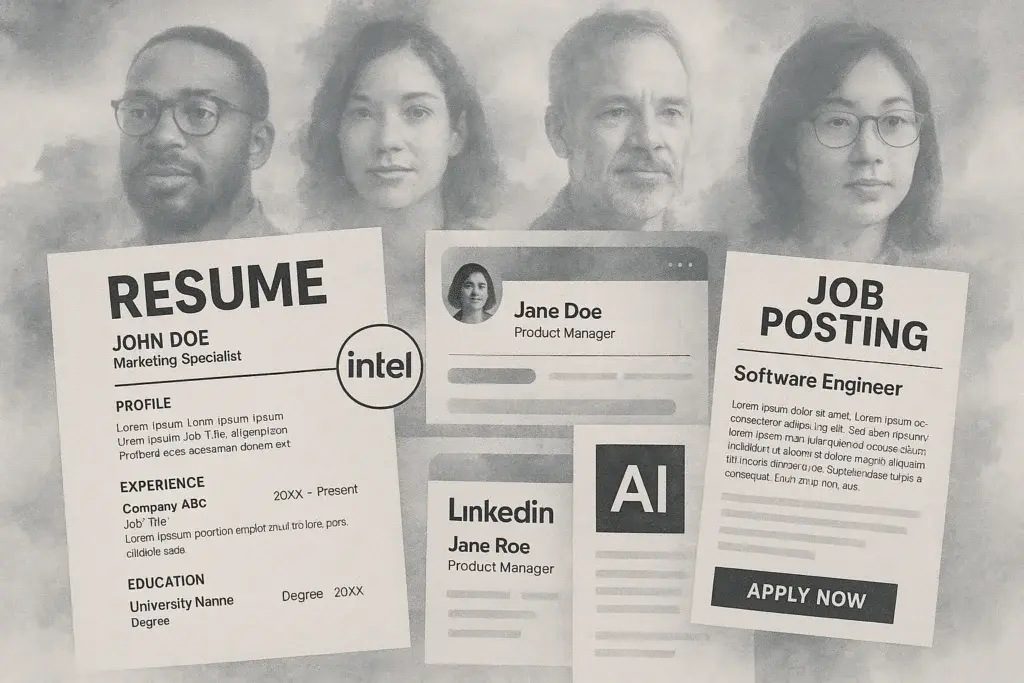I was sipping my morning coffee when I saw the headline:
“Intel to lay off thousands of workers in the United States.”
Around 5,000 jobs are getting cut. These aren’t just numbers on a spreadsheet — they’re real people, real families. And it hit me harder than I expected.
Why Intel Is Doing This ?
The official word? Intel says these roles are now “surplus.” The company is shifting its focus toward artificial intelligence. Which, on the surface, makes sense — AI is moving fast, and tech companies are racing to keep up. If you’re not investing in it now, you’re already behind.
But here’s the tough part: “Focusing on AI” often translates to letting go of humans.
This isn’t just about Intel. We’ve seen similar moves from Google, Meta, Microsoft — all trimming teams while doubling down on AI tools, chips, and infrastructure.
Progress vs. People
I get it. Companies evolve. Markets change. But there’s something uncomfortable about how quickly people are being pushed aside.
One day you’re designing CPUs, managing systems, testing silicon. The next? You’re told your role is no longer needed — not because you did anything wrong, but because the priorities shifted.
It’s like being on a bus that suddenly changes direction and leaves half the passengers on the curb.
Who’s Getting Affected?
Intel hasn’t shared exact details on which departments are being hit hardest. But from what’s trickling out, it’s spread across roles — engineering, support, operations. Some of these folks have been with the company for decades.
And it’s not just senior roles either. Even early-career employees are getting swept up in this.
What This Means for the Rest of Us
If you’re in tech right now, it’s easy to feel a bit unsettled. Even if your job feels secure today, tomorrow’s roadmap might say otherwise.
Some thoughts that keep running through my head:
- AI is changing the game — but it’s also changing the players.
The skills that were valuable five years ago might not be enough now. - We’ve got to stay curious.
Whether it’s brushing up on machine learning, learning to work with AI tools, or simply understanding where your industry is heading — it’s worth paying attention. - And empathy matters more than ever.
It’s easy to read these stories like business news. But behind every layoff are people figuring out how to pay rent, update resumes, explain things to their kids.
Final Thought
I don’t have a tidy wrap-up or silver lining here. Just a lot of respect for the folks impacted — and a growing awareness that the future of work isn’t just about new tech, but about how we treat people along the way.
If you know someone affected, reach out. A message, a referral, a coffee — it all helps.
And if you’re working in tech, like me, maybe this is our nudge to stay flexible, stay human, and remember: no one’s job is truly “future-proof.”



